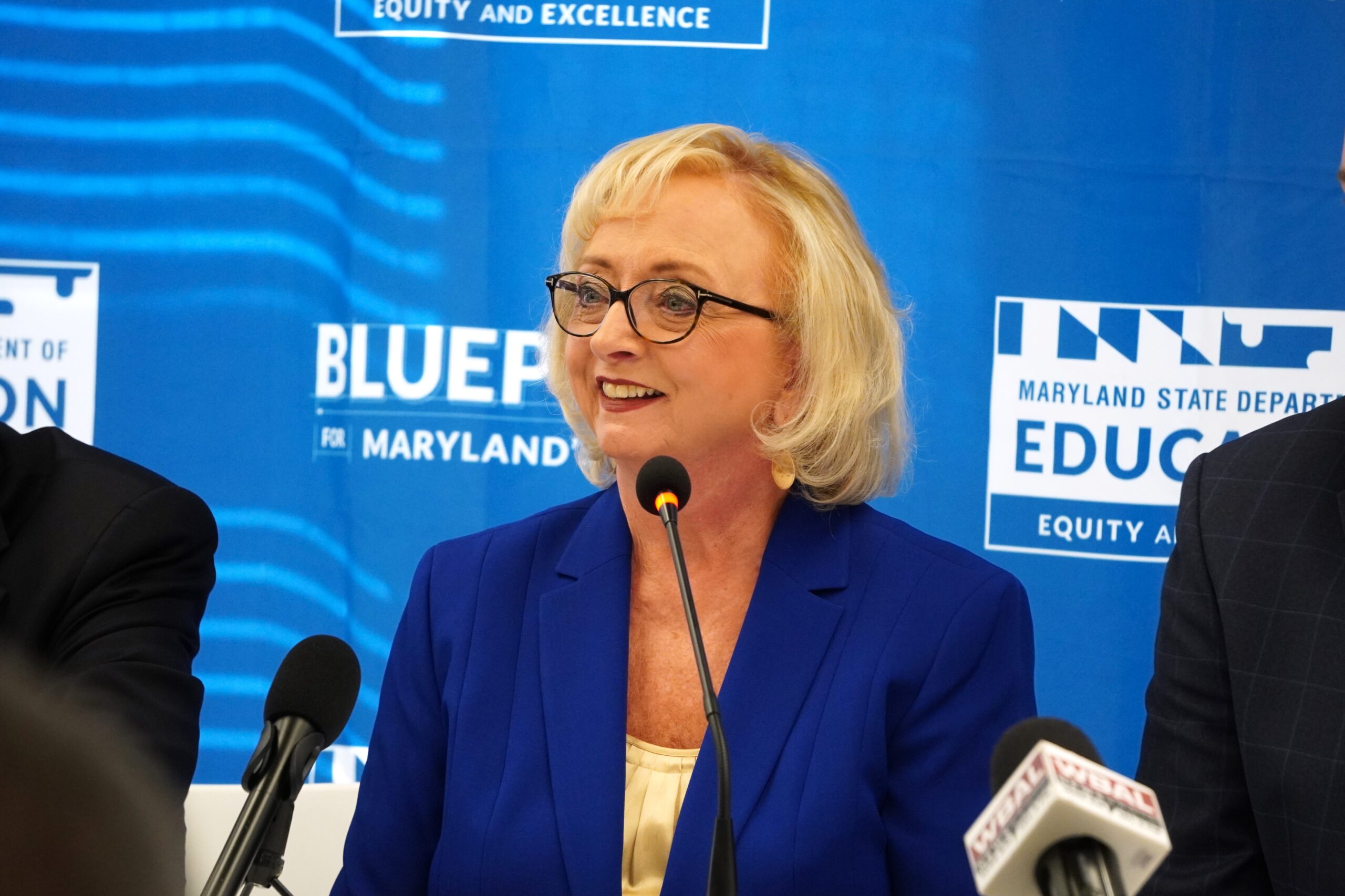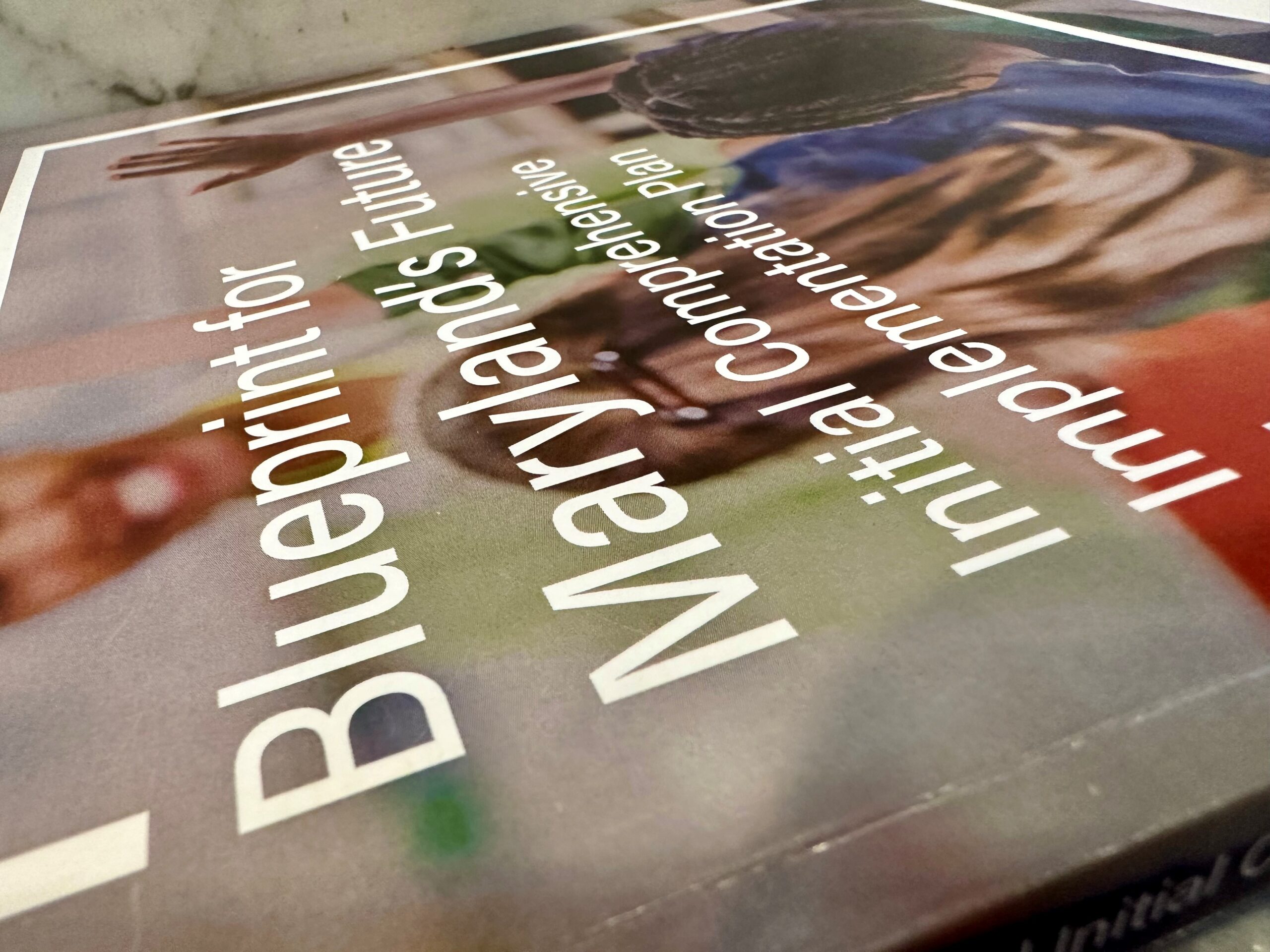
By Nancy Madden and Jen Krajewski
The writers are, respectively, co-founder and CEO of Success for All Foundation and director of outreach and engagement for ProvenTutoring.
High-quality tutoring during the school day may be available to more of Maryland’s students.
In February, the Maryland State Department of Education responded to this unique moment in education — one that is defined by unprecedented funding, soaring staff vacancies and widening gaps in student achievement — with Maryland Leads, an innovative, non-competitive grant opportunity designed to incentivize and support its 24 school districts in focusing federal relief funds on evidence-based practices.
High-quality tutoring is one of seven evidence-based strategies that districts can adopt through this grant. This is great news for families whose students have lost months of instructional time due to the pandemic. No other intervention has been found in rigorous research to be as effective as tutoring.
Tutoring programs capable of delivering big impacts on student achievement are crucial for learning recovery.
A recent report by McKinsey noted that several months into this school year, students, on average, are still about four months behind in math and three months behind in reading than in previous school years. Students in majority-Black schools are about five months behind in both subjects, which amounts to about 100 days of learning.
This is a lot of ground to make up. Districts should be adopting scalable models proven to accelerate learning by many months. Districts who choose to develop their own tutoring initiative, as Maryland Leads allows, are rolling the dice at a moment in which there is so much at stake.
Thanks to investments in tutoring research over the past 20 years, dozens of programs that can be offered at a large scale have been proven effective. These proven models all include extensive professional development and ongoing coaching to tutors; procedures and materials designed specifically for tutoring; and assessments capable of benchmarking student growth.
ProvenTutoring, a nonprofit initiative supported by the Center for Research and Reform in Education at Johns Hopkins University, provides in-depth resources on a wide range of scalable, research-proven tutoring models. It makes sense to use the tools proven to work.
Baltimore City serves as a great example of how a district can leverage several partnerships with providers of proven programs to scale literacy tutoring. In recent years, the city has taken a strategic approach, creating a list of approved providers that schools can select as partners.
They include Success for All Foundation, Experience Corps and Literacy Lab, three nonprofit organizations with highly-structured, research-proven models. They all serve city elementary students with a small-group or one-to-one intervention that is delivered several times a week with a highly trained tutor. These programs are providing much-needed classroom support to educators who are tasked with helping students recover from the pandemic.
Kimberlee Corrigan, a veteran Baltimore City language arts teacher, is one of the teachers who is faced with the extreme needs of students — 23 of 28 of her third-graders are struggling to read the text because they missed so much instructional time in second grade. She is grateful for the district’s investment in Success for All Foundation’s Tutoring with the Lightning Squad, a tutoring intervention for grades 1 through 5.
All participating students are demonstrating rapid progress. One student moved from reading zero words per minute on the initial assessment to 70 words a minute after a month of tutoring five days per week for a half an hour per day.
The consistency and systematic support are what Ms. Corrigan highlights as crucial benefits of tutoring. Ms. Corrigan communicates daily with Ms. Dani, the tutor, about individual students. “… What we need as teachers is consistent intervention. We can only do so much in the classroom. We have computer programs that we can monitor, but really having in-person tutoring — those conversations — students can get that one-on-one, that small group time consistently and that’s really been helpful.”
Marylanders don’t have to read the research on learning loss to understand the pandemic’s profound impact on our students’ education. We see the gaps when we read with our kids, assist with homework on fractions, or make sense of the standardized test reports that no longer show grade-level mastery.
Research-proven tutoring offers, by far, the greatest opportunity to address these big gaps.




 Creative Commons Attribution
Creative Commons Attribution